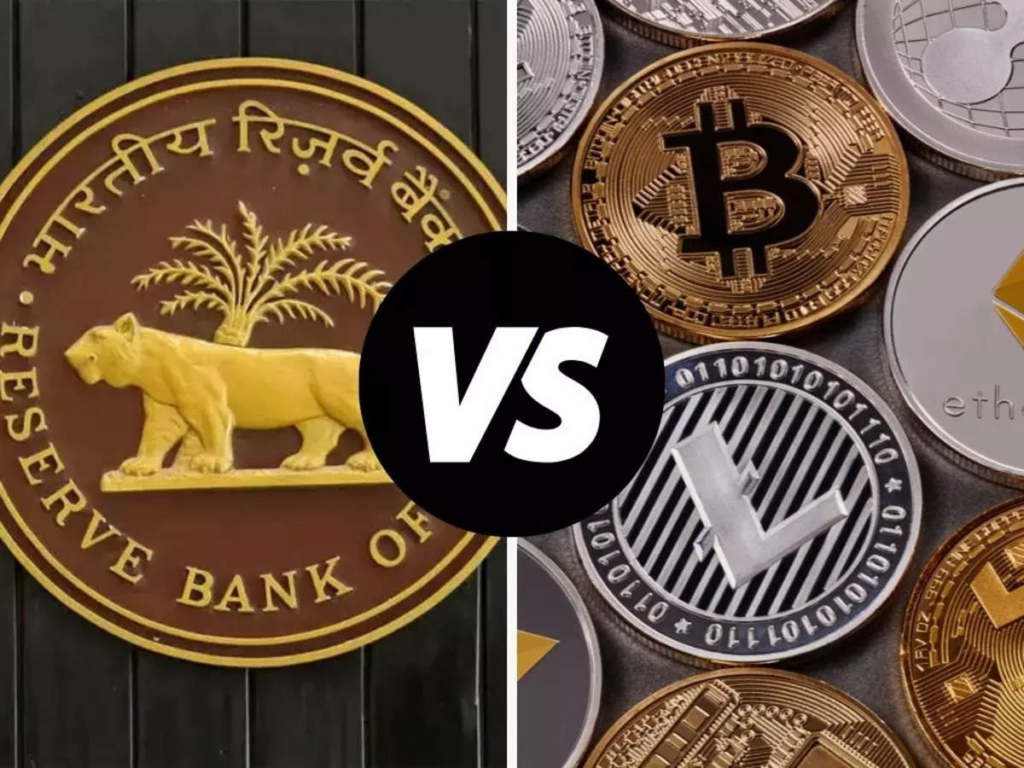
How Cryptocurrency Affects Banks?
Cryptocurrency has emerged as a disruptive force in the domain of finance, restructuring the way we do transactions. As digital currencies gain recognition throughout the world, your impact on traditional banking institutions cannot be ignored. In this article, we will discuss how cryptocurrency affects banks by analyzing the implications of transformative technology on the banking industry.

How cryptocurrency affects banks?
Numerous changes have been introduced in the banking sector after the advent of cryptocurrency. Let us take a look at how this advancing technology is changing the traditional banking system.
Security and transparency
Cryptocurrencies leverage advanced cryptographic techniques to make sure that the transactions are secured and transparent. Blockchain technology makes sure that each transaction is recorded and verified by the participants of a distributed network. Advanced transparency and security help to build trust among individuals and businesses. This also helps to reduce the risk of fraudulent activities and the need for regulatory oversight.
Embracing decentralization
The ideology of decentralization has taken the core place after the advent of cryptocurrencies. Traditional banking systems are based on the centralized authority of Central banks. On the contrary, digital currencies operate on a decentralized ledger known as a blockchain. The change challenges the role of Central banks in handling monetary policies and raises questions regarding the need for intermediaries in financial transactions.
Enhanced financial inclusion
Cryptocurrency provides financial services to the unbanked population. Several people, throughout the world, have no access to traditional banking services. Cryptocurrency is one of the ways to serve individuals in underserved areas, oh that they can also be part of the global economy.
Innovation and competition
The advancement and awareness of cryptocurrencies have brought a revolution in the financial industry in terms of innovation and competition. Traditional banks are now pressurized to keep up the page with the technological advancements of digital currencies. The banks have to embrace innovation and identify ways they can leverage blockchain technology to enhance their customer experience as well as services.
Disintermediation
Cryptocurrencies allow peer-to-peer transactions without any environment of intermediaries like banks. With the help of blockchain technology, individuals can straight away transfer funds from one person to another. This disintermediation has the ability to disrupt the traditional banking model, persuading banks to change and identify unique ways to add value to their customers.
How Cryptocurrency Are Created?
Does Bitcoin Mining Damage The Environment?
Should Cryptocurrency Be Capitalized?
How does cryptocurrency help banks?
Cryptocurrency helps banks by providing added security for various financial transactions. It also ensures efficient and quick cross-border transactions. Moreover, it saves the cost of banking by automating the processes and eliminating manual paperwork and administrative costs. Cryptocurrency technology encourages banks to adopt an innovative mindset. Improved security with the help of cryptographic techniques produces the risk of fraudulent transactions.

Why are cryptos a threat to banks?
Banks accepting or entering into the world of cryptocurrency have to face the risk of regulatory uncertainties, volatility, and illicit activities. It is essential for banks to conduct risk assessments and implement effective risk management strategies to navigate through these challenges successfully.

How is crypto safer than banks?
The decentralized nature of cryptocurrency helps in greater control over personal finances and decreases the risk of fraud, theft, and identity theft. Unlike traditional banking systems, cryptocurrency transactions require no intermediaries, like financial institutions or banks. Rather, transactions are recorded on the public blockchain ledger which is accessible to all the users, increasing transparency and accountability.
Can banks deal in crypto?
There are certain banks that support cryptocurrency transactions and related activities. Some of the banks are Goldman Sachs, Fidor Bank, Ally Bank, Signature Bank, etc.
The top crypto-friendly banks in India are HDFC Bank, ICICI Bank, Axis Bank, Kotak Mahindra Bank, Yes Bank, Federal Bank, etc. These banks allow customers to transfer their funds to licensed cryptocurrency exchanges for investment in digital assets.
To conclude, the above analysis asserts how cryptocurrency affects banks.
Disclaimer: If you want to invest in the crypto, you should consult your financial advisor before making a buying decision. You should assess the risk and study the complete details.
Frequently asked questions
Will crypto replace banks?
Yes, decentralized finance (DeFi) can replace banks and conventional financial systems.
Which banks support cryptocurrency in India?
At present, there is no Bank in India that openly supports cryptocurrency-related services.
What is the name of RBI cryptocurrency?
Digital Rupee
Related searches
Are Bitcoin Mining Apps Legit?
Follow for more updates
Follow Raveen Chawla on Medium
For related searches, click Articles, click Web-stories




